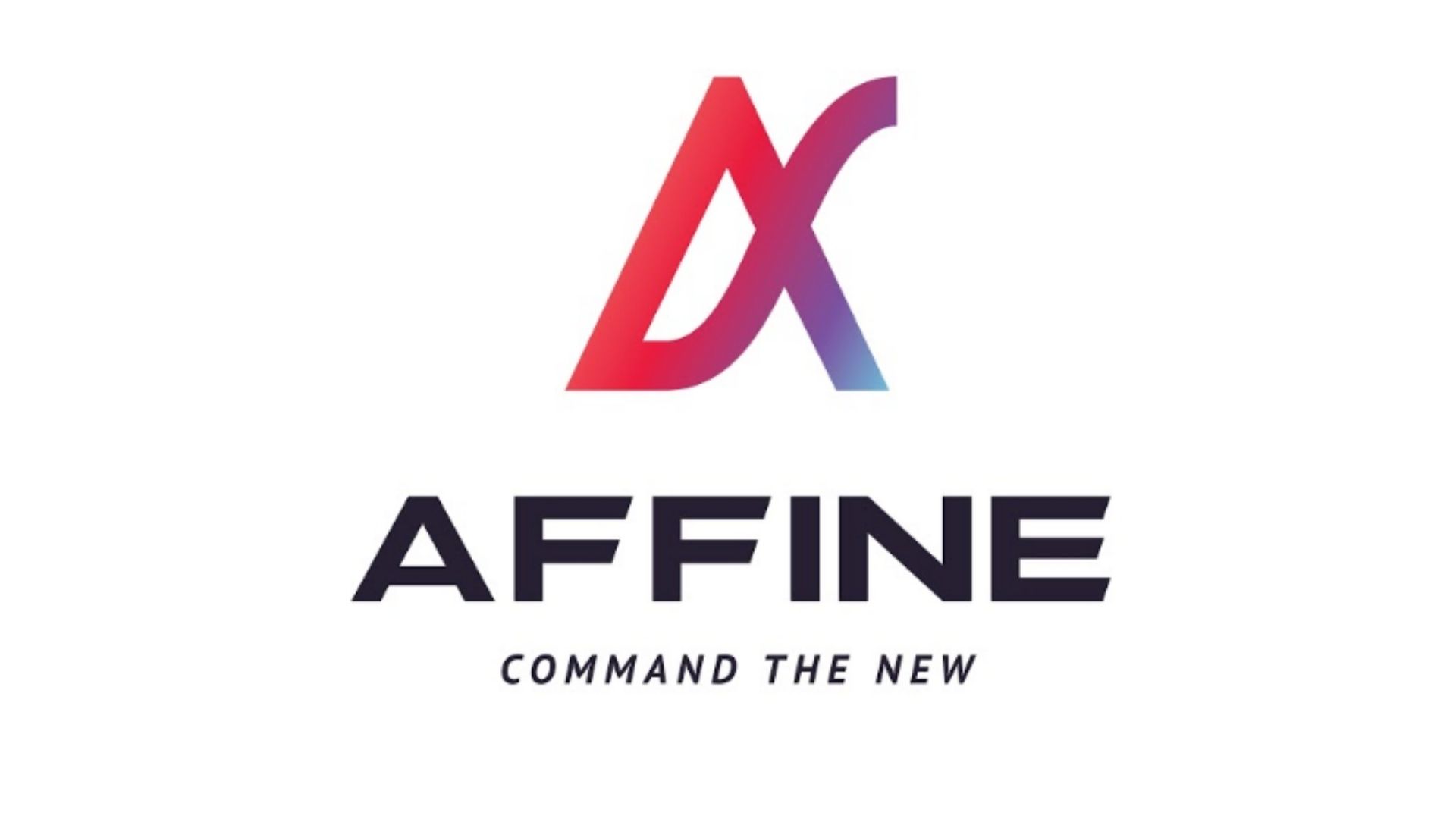
The influence of Artificial Intelligence is growing in various sectors including gaming. Racing-car games, shooting games, or strategy games – all have elements that are governed by AI by varying degrees. From chess opponents to enemy bots or those neutral characters in online multiplayer battle royale games, the pervasive influence of AI is powering the operations with mind-blowing accuracy. Is AI set to occupy a big space in the gaming industry? How exactly is AI revolutionising the gaming sphere?
We spoke to leading consulting & solutions firm Affine Gaming Media & Entertainment strategy principal Gagandeep Mahajan about the bourgeoning role of AI in the world of gaming and the AVGC industry at large.
Here are some excerpts:
Could you please elaborate on what your offerings are as a company?
Affine is a leading consulting & solutions firm; catalyzing the digital transformation of global
enterprises with a key focus on innovation, leveraging AI, Data-Engineering & Cloud technologies. With a
team of 500+ analytics professionals working across different locations globally, Affine paves end-to-end
capabilities spanning modern data engineering to core AI and scalable cloud deployment across
industries such as Gaming, Manufacturing, CPG, and Hi-tech.
AI has proven to be a revolutionary addition that is touted to revolutionize the way software works. How do you think its integration can accelerate the workflow when it comes to VFX and Animation?
It’s a fact that AI has already been present in the Gaming industry for quite some time now. The early use had limited scope, but now with the rapid advancement in AI and its potential use cases, we can see it playing a vital role in Game Development, particularly in VFX and Animation. Moreover, Gaming companies are now seeing a new potential area where they could use AI/ML methodologies in game development and in pre-launch sales prediction. To add more context to it, I can give you a couple of AI applications that can accelerate the workflow of VFX and Animation.
AI revolution is making game characters move more realistically.
For an instance, gaming companies use machine learning to produce a system that maps directly from the user input to the animation of the character. So, instead of storing all the data and selecting which clip to play with, they have a system that generates animations on the fly, given the user input.
Let me give you an example, NBA 2K game uses a Deep Reinforcement Learning technique to generate lifelike dribbling motions in real-time through trial and error. Primarily, the system learns to animate dribbling through practice.
Procedural Content Generation using AI
AI helps in creating intelligent design tools that help people to generate level layouts, environments, characters, and so on, and it’s quick. For example, a computer program called Speed Tree, which puts unique trees in a 3D environment. That saves the designer lots of time because they do not have to hand-place every single tree and avoid making every tree look different manually. Other examples might be procedurally generated virtual cities, racetracks, tiles, Pokémon, or another mob that could then be modified and tuned as desired to fit the preferences of the designers.
Could you explain how the trifecta of AI, Data-Engineering, and Cloud solve the problems that currently affect the gaming animation and VFX industry?
The technological advancement of AI, Data Engineering, and Cloud can take the Gaming world to the next level where gamer experience meets the innovation with comprehensiveness. If I think of them as stand-alone technologies, there are a few use cases that come to mind, and I have listed down below.
Artificial Intelligence
Procedural Content Generation – With the help of AI-based procedural content generation techniques, developers do not have to invest their time into creating map terrains. AI can help developers to save time on creating the prolonged task of creating maps, instead, use that time on creating immersive gameplay for the users.
Smartly placing monetization add-ons/ skins – AI can be used to Design & Develop an analytical framework that can allocate items to the in-game store slots of an identified gamer based on multiple factors like character popularity, seasonality, item listing recency, rotation frequency, and business constraints.
Data Engineering
Data Engineering for gaming companies generally breaks down into two areas – gameplay and analytics. In terms of gameplay, rapidly changing data (such as equipment lists and match stats) needs to be constantly updated; often for multiplayer games at a global scale do not get in the way of the gameplay.
A second major area for game programmers is Analytics which requires a different skillset, storing user events at scale and speed, aggregating, and boiling this data down to a scale that can be used and mined for player insights.
Cloud
Scalability, Latency& Security – The most important KPIs for major gaming companies & studios can be addressed by the cloud. The virality, cost, and operations are key factors that affect those KPI’s which are controlled effectively by introducing cloud infrastructure.
Since gaming has seen a meteoric rise during the pandemic, the demand for games has gone up. How do you think your offerings can help on the game development front?
User sessions in the game have increased by 65 % in India during COVID-19 pandemic, the demand for gaming has gone up while posing challenges to game developers, publishers, and platforms. Affine’s robust AI, Analytics engineering (Data engineering) & Cloud solutions can be a game-changer in this regard.
The sudden rise of demand for gaming has resulted in a multitude of new games. There is very little loyalty towards a single game. We can navigate through the fluctuating demand of any game by using best practices in Data Engineering to ensure optimal and scalable infrastructure cost and performance. The AI-driven solutions can suggest/upgrade the in-game content using the player data to not only enhance the user experience but also ensure better monetization. Hardware has become a replaceable factor for the gamer, and there is low loyalty towards the platform. We can leverage the cloud to ensure the uniform gamer experience across platforms.
Could you give us a case study or an example of AI being leveraged in the Gaming Sector?
I can give a prime example to suffice this context. Advanced Deep Learning models like Generative Adversarial Networks (GANs) have transformed the gaming sector, especially in game designing, to create new game characters. Machine learning frameworks powered by GANs can combine AI with human supervision to usher in a new paradigm of creativity with productive results in less time frame. GANs can empower studios to quickly sketch new characters through image generation and style mixing techniques leading to huge time and cost savings.
Could you tell us about a few projects you have given cloud and AI assistance or services for?
Affine provides a wide array of cutting-edge and future-ready solutions in the form of AI, Data engineering, and Cloud to solve gaming client’s business problems and provide end-to-end solutions. Below is a glimpse of our past work success stories.
- Adaptive Boosting Prediction Using In Game Telemetry
Instances of boosting (cheat gaming to boost own stats) have a very adverse impact on the gaming experience. We analyzed suspected game videos provided by the game studio to identify boosting characteristics based on telemetry data. This model was packaged as an API to score in-game sessions to identify potential boosters and warn them.
- Personalized Recommendations to Drive Engagement
We used a custom approach for gamer segmentation and identifying their key attributes like engagement level, risk of churn, micro-content purchases, etc. This led to personalized strategies for improved gaming experience management and monetization for the game publisher. Personalized recommendations included tutorials, game-play tips, offers, and discounts which were strategically placed in the game.
- Enhanced In-Game Monetization
Whether the game is free-mium or premium, in-game ads are a key source of monetization. For a publisher, we did the end-to-end development of a web-based tool to generate optimal ad slots, in-game add-ons (cosmetic add-ons) to enhance in-game purchases with minimal impact on gamer experience. The solution was developed by identifying homogeneous player segments and testing their response to heterogeneous ad rotation slots.
With the advent of AI being made more and more sophisticated, where do you think we are headed?
Gaming companies across the globe have turned to AI to make each session into an immersive experience. The main scope of using AI-based tools in games is to provide NPCs (non-playable characters) a basic intelligence and make them interact with players in a better fashion. Our team at Affine has been delivering a new age gaming experience with a variety of breakthroughs such as making use of customized maps unique to each gamer, forming different team combinations based on the skill level of the players, and assisting game designers in the development of new game characters in real-time among others. These breakthroughs have gone into enhancing the gamer experience.
Folks like American billionaire Elon Musk have expressed concerns about the dystopian shape it could take. What are your thoughts on that?
Staying on the right side of ethics and regulations is the best way to ensure the safety of society. It is only when AI gains consciousness, that we need to be concerned for the dystopian shape of society. This will be relevant when the world moves from the currently prevalent narrow AI to a much more advanced phase of Artificial General Intelligence (AGI), where AI is able to perform the intelligent actions of a human brain. It might be a far-fetched thought right now, given the cost and complexity of implementation as well as our own lack of complete understanding of how the human brain functions. We could probably revisit this question at a later point in time.

